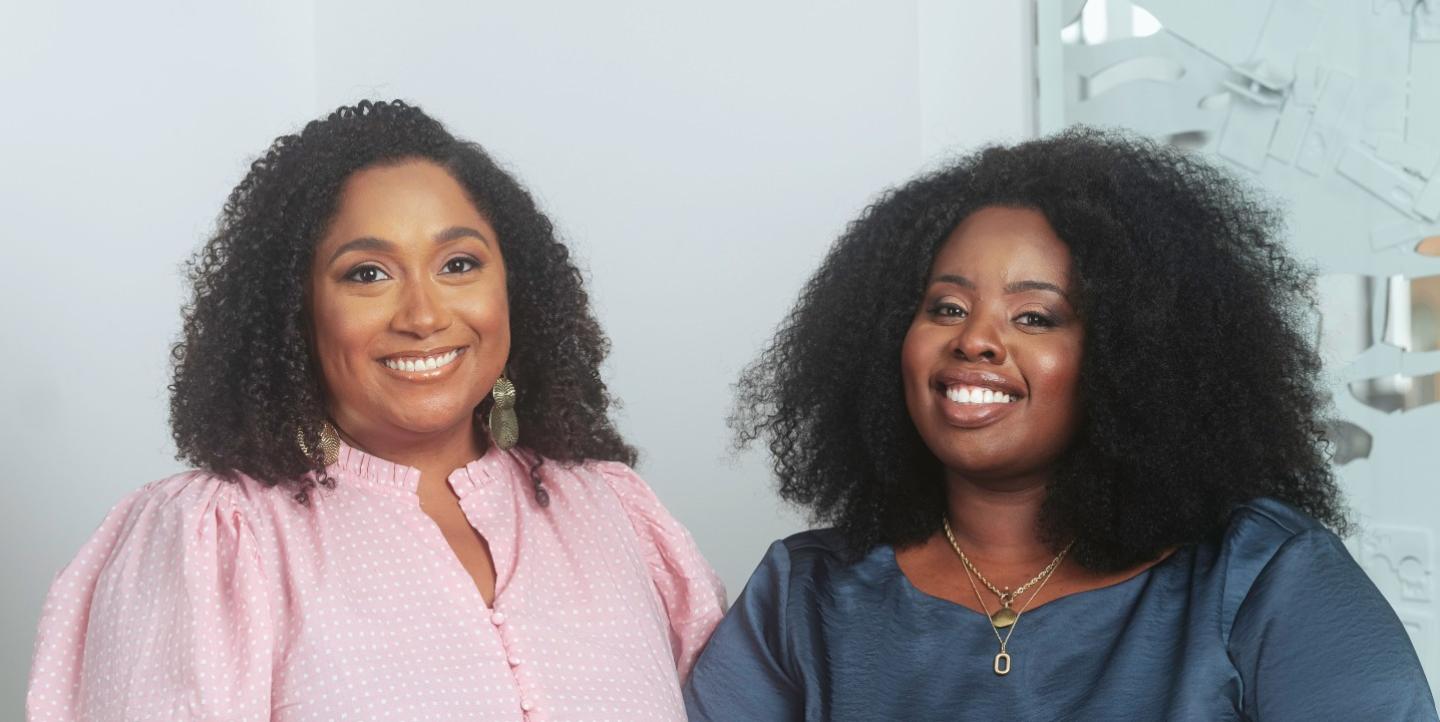If you grew up like I did, issues of Ebony, Jet, and Essence magazine were always around the house, along with a copy of the local Black newspaper. Reading each of them, cover to cover, was essential because every publication offered a different perspective on the Black experience.
After all, only Jet had the “Beauty of the Week,” right?
In all seriousness, though, together those publications created a more holistic picture of what was happening in Black America. But Black people aren’t a monolith, so we need more. More news, more solutions, and more information that reflects and amplifies what we talk about in our neighborhoods, at the barbershop, and with family and friends.
Fortunately, with Monday’s launch of Capital B, a brand new local-national nonprofit news organization, we’re getting another source of news by and for Black folks.
But although Capital B is new, its roots aren’t.
In an explainer about their decision to start the site, the two founders, veteran journalists Lauren Williams and Akoto Ofori-Atta, wrote that they’re directly inspired by the tradition of the Black press.
“The audience focus of the Black press — not just the storytelling, not just the amplifying of voices, but the trading of valuable information — is absolutely key to its tradition. And it’s key to Capital B’s foundation,” Williams and Ofori-Atta wrote.
That tradition also means Capital B’s focused on “producing in-depth journalism on topics of crucial importance to Black people across the country, such as education, housing, health, the environment, criminal justice, and politics,” according to its website.
To that end, the Capital B national site kicked things off with a slate of articles about the recent hiring spree of Black police chiefs as well as a look at education — or the lack thereof — in prisons. There’s also a hyper-local Capital B Atlanta site where readers in A-Town can catch up on where, for example, they can get tested for COVID-19.
Of course, that kind of news doesn’t get reported on in the mainstream press without editors who see the value in — and are willing to greenlight — stories centered around what Black people need to live their lives freely and fully.
Williams and Ofori-Atta talked to Andrew Ramsammy, the chief content and collaboration officer at the Local Media Association — which collaborates with publishers at 10 of the leading Black-owned media properties in the U.S to produce Word In Black — about this lack of representation.
“For most Black journalists inside mainstream media, everyone knows it is a full-time job for them to have to explain why they should be covering communities of color,” Ramsammy said. “And the moment you return to the Black press that conversation ceases to exist.”
With voting rights on the line, the pandemic ravaging our communities, and it only being a matter of time until the next hashtagged name of a Black person killed by police trends on social media, we need these conversations — and these news stories — more than ever. We need media that doesn’t see Black people only as problems, and that also reports on the solution-makers and “doers” in the Black community. It’s simply not enough for mainstream news outlets to diversify their reporting or create niche “Black” sections on a website.
“Black media still provides the news with cultural context, a different perspective, historical context,” Black Media Initiative director Cheryl Thompson-Morton told the Washington Post. “It just does it in a way that is uniquely Black, for lack of a better way to say it.”
Capital B is now part of a media ecosystem seeking to honor the 195-year-old legacy of the Black press — and seeking to do right by Black people in the here and now. And still, we need more. As the site’s confounder Lauren Williams told the Post, “We’re not trying to be the only one, and we don’t think we should be. We think a community deserves options.”
This article was originally published by Word in Black. It was republished on IJNet with permission.
Photo courtesy of Word in Black.

